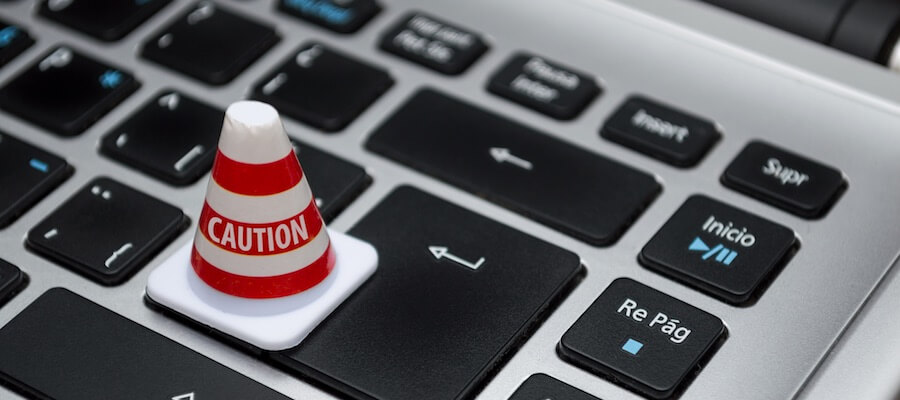How to Navigate the Social Anxiety Minefield of Work

Psychology Today reported on a study that examined social anxiety and one’s awareness of it. The gist is that people who recognize, admit, and accept that they experience social anxiety are better at coping with it than people who blame themselves for having it, or try to pretend that it isn’t happening. The first step on the path to managing social anxiety seems to be acceptance, but also knowing that you won’t let it define your life.
It makes sense. Much like the fact that when you name an emotion (e.g., fear or anxiety), the act of naming and recognizing it reduces its power over you. As Noam Shpancer, Ph.D. states in this Psychology Today article:
“On the psychological level, confronting your fear instead of backing down brings about a sense of accomplishment and empowerment. Every time you confront your fear you gain power while your anxiety loses strength (I can tolerate it; it’s difficult but not impossible; it’s not the end of the world). Every time you confront your fear you accumulate evidence of your ability to cope (I did it yesterday; I can do it again today).”
If you instead let the anxiety defeat you, or deny that you are clearly feeling it at work, you strengthen the evidence that you are overwhelmed by it. It does require an act of courage to take that first step and simply acknowledge that the anxiety does exist, but that you will power through and continue on with your day.
“I learned that courage was not the absence of fear, but the triumph over it. The brave man is not he who does not feel afraid, but he who conquers that fear.”
― Nelson Mandela
Easier said than done
I know. Most workplaces are a minefield for anyone who suffers from social anxiety. Lots of stressful situations, challenging interactions with coworkers, conflict with your boss, team presentations, public speaking, etc. But, the reality is that work will always be work, and people will always be people. Companies and jobs do vary wildly in terms of the degree of anxiety-inducing stressors they have, but no job will be 100% free of some type of stress.
So, how do you deal with this? Well, given the research, perhaps the first step is simply admitting that you don’t like it and that not liking it is normal, vs. beating yourself up for not taking to the stressful situations like a duck takes to water.
- I don’t like hostility and conflict — So what? What normal person does?
- I am terrified of public speaking — Yep, almost everyone is. It is normal to feel stressed out about standing in front of a roomful of people and speaking. That’s ok.
- Dealing with my boss makes me feel anxious — Yes, you will feel anxious. You and millions of other people. Hardly anyone enjoys dealing with their boss.
- Ummm, I kind of hate my job — You’re not alone. Up to 70% of Americans either hate their jobs or feel disengaged. It’s not a great thing, but you are not abnormal for feeling that way.
There is nothing wrong with you
Millions of other people feel the same way. But, you know what? It doesn’t define who you are and what your life will be like. My guess is that there are plenty of situations when you don’t feel this social anxiety. Optimize your life and career for that.
Making the necessary changes to get closer to an ideal job won’t happen overnight. But, it is a worthwhile investment in yourself and you can start redefining your career today.
By “making necessary changes” I’m not saying that you should go home, lock the door, and never come out again. There is a difference between avoiding social anxiety and managing it.
You an accept that feeling anxiety is part of life, but you move on. You can optimize your work life to minimize and manage that anxiety. You can acknowledge that it will happen, and also acknowledge that feeling that way is ok. Because the more you name it, the more you reduce its power, and the less you will feel it.
